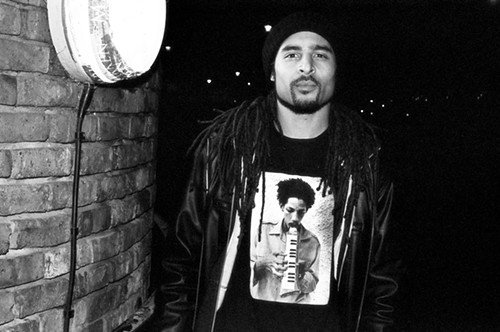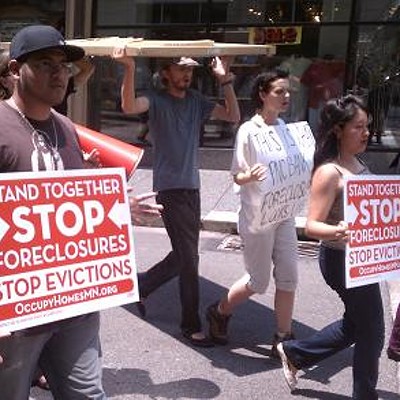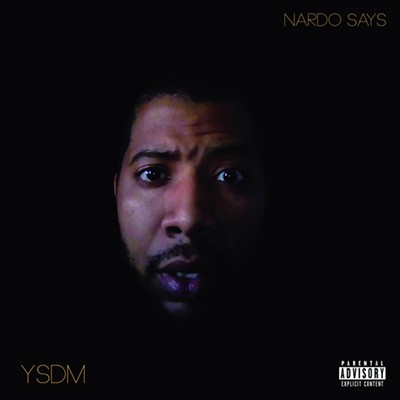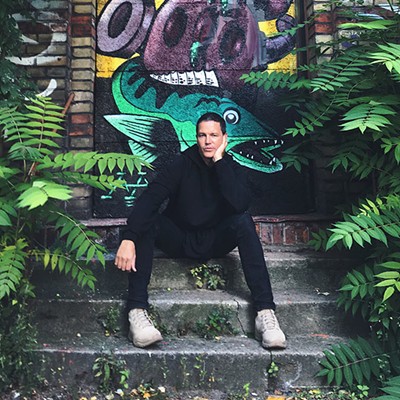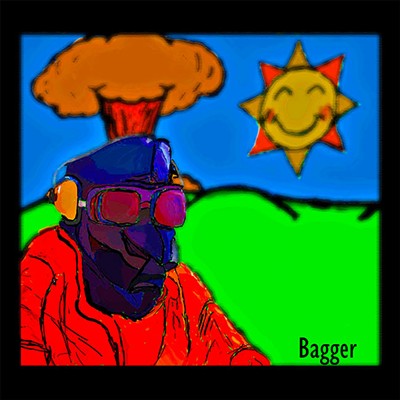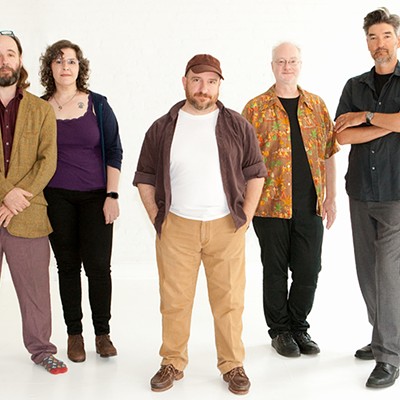Thursday, June 21, 2012
Mala: Extended Interview
Our conversation with Mala was so compelling we thought you'd like to read more. He'll be performing tonight at the Lawrenceville Moose; it's a rare Pittsburgh performance for the London legend.
So you just came back from Cuba where you were working on a project for Gilles Peterson. Can you tell me a little bit about that came about?
It was kind of random really. It was in December and it was the end of 2010. And Gilles Peterson asked if I’d be interested in a project that he’s working on. You know, do you want to meet up and discuss it so. It was really like I just met him. I was doing something for Red Bull at the time. They were doing their academy in London. And we just met up over a pint of Guinness. And he asked, "Do you want to come to Cuba with me? I’ve been working on a project with Havana Cultura, which is this project that’s kind of in place really, to kind of promote contemporary Cuban music."
So without really knowing what I was going into I kind of took the opportunity. As I said in a recent interview for FACT Magazine, over the years of music, I’ve been offered lots of different work opportunities, in terms of production and other sorts of things. But I always have do something that feels right and this felt like a genuine opportunity to do something. I just jumped at the chance, really.
What was it like working with musicians of such a different culture from your own?
Overwhelming.
I don’t see myself as a musician. I don’t play an instrument. I don’t understand music theory. If you would tell me to hum the note C, I couldn’t do it. I make music and I’ve always made music, just on pure instinct and by pure feeling. And I guess technology allows us to do that today more so because you can edit things.
What exactly was the concept for the album?
We didn’t actually come up with the concept of what we were going to do until the morning when we were having breakfast. Roberto Fonseca, he’s a phenomenal musician, one of those guys who, when you tell people in Cuba, "I’m here working with Roberto Fonsesco," they kind of look at you different.
[The concept] ended up becoming the musicians playing traditional Cuban rhythms at the tempo that I like to make music. Just watching these guys play, I thought to myself, "I don’t know how I’m going to … "
I know I can strip it down and do it my style. That wasn’t really what the issue was. The issue was, how could I capture this magic, which I see created in front of me. Obviously they were traditional rhythms and Roberto would play keys, melodies and stuff over the top while there was a conga player, a drummer and a guy on a contra bass.
But yeah, it was just overwhelming. It was kind of like a little bit frightening to me because I’ve got to take this home and I’ve got to do something which I hope they can respect and appreciate as well. You’ve got to be comfortable with being uncomfortable, ya know?
You can only do what you do at the end of the day, because, I’m not Cuban and I’m not a musician like that. I didn’t want to make a Cuban album as such because that wouldn’t be me. nd that’s where I say it really is South London meeting Havana because I went there with what I know and they gave me what they know. And somehow I managed to make a selection of tracks that I’m happy to share with people.
Once you had gone to Cuba and you had experienced the culture, did you go back home and start listening to classic Cuban music or reading more about the culture?
From when I was there, I got all the musicians, some of those were rappers, some of those would play the trumpet. So those people would give me pointers into other music that they liked that was Cuban. I would check out the stuff on that tip. But again, I kind of like going into something totally not knowing because in that way, there’s something you pick up about its natural essence. It’s all-good to be educated in a field. Sometimes that education can bring limitation. So for me, it was just about trying to translate my experience of being in Cuba with the people.
I know you’re a father now; has that change of pace, or even the very existence of your son changed the way you think about music?
It’s funny because he loves some of the tracks from the Cuban record. Almost like he has to play them everyday. I’ve got loads of video of him playing this one particular track. And he just goes crazy. He really likes the congas
I would play him stuff that was more acoustic rather than stuff that was electronic. So he’s very much into roots sounding music. And if I were to put on hip hop, he’s doesn’t really vibe to it. But he really likes weird alien sounds. When I would take him into the studio he would jam on the Moog. If I just load up a normal organ sound he’s not really that interested.
But then from a very young age, his mom’s friend bought him a little toy piano and he used to always crawl over to it and play it. For his first birthday, rather than buying him loads of toys I thought I’d buy him a piano which is something that he enjoys very much.
I actually asked him the other day if he would like to learn to play the piano and he said yeah. So, we were trying to a teacher who could sit down with a 2-year-old and just show him the basics in an entertaining way.
But it’s definitely not something I’m into forcing him to do; it’s something that he’s interested in. He’s just around music, he’s around art and creative things as well so I think he’s just naturally into that. I think all kids are to be honest.


